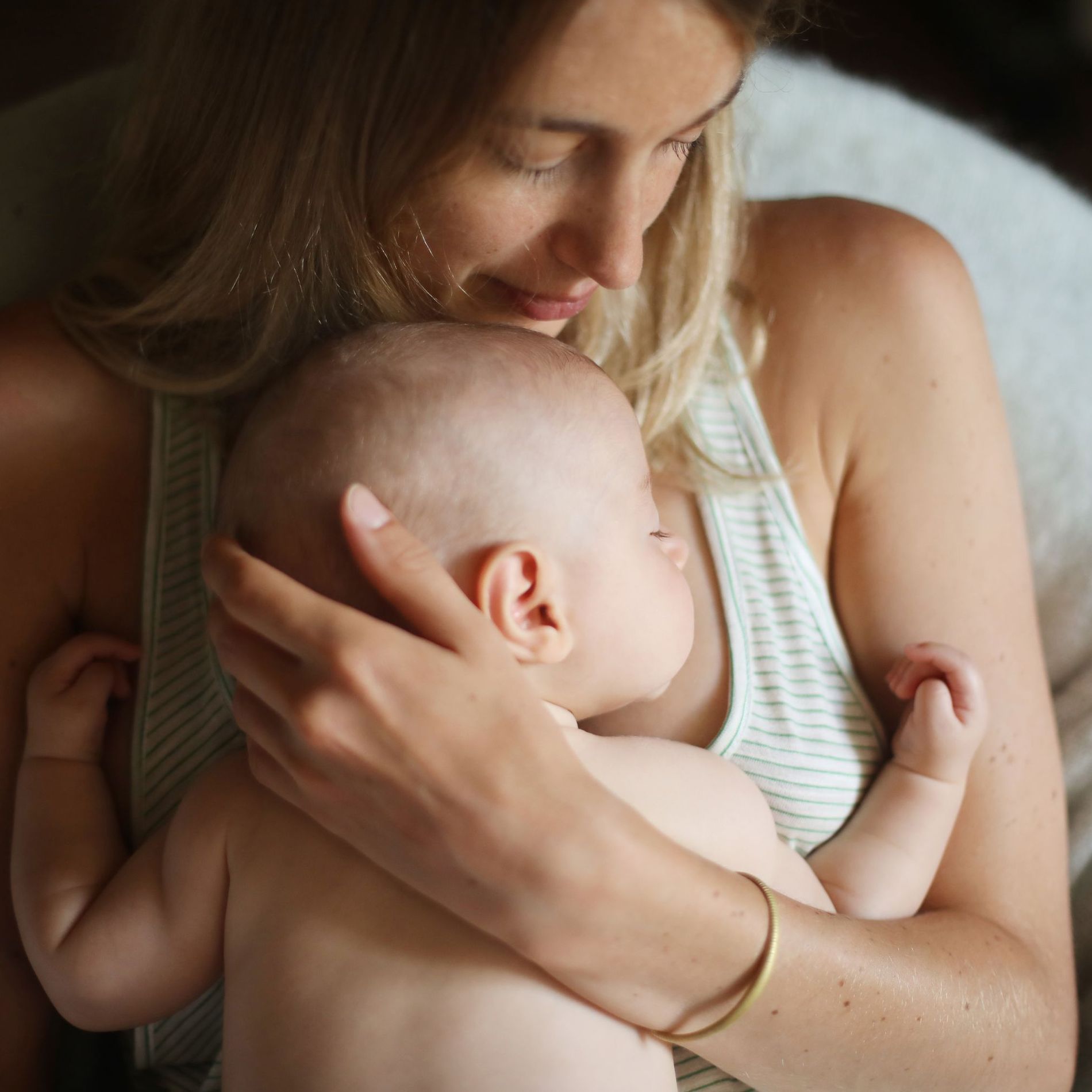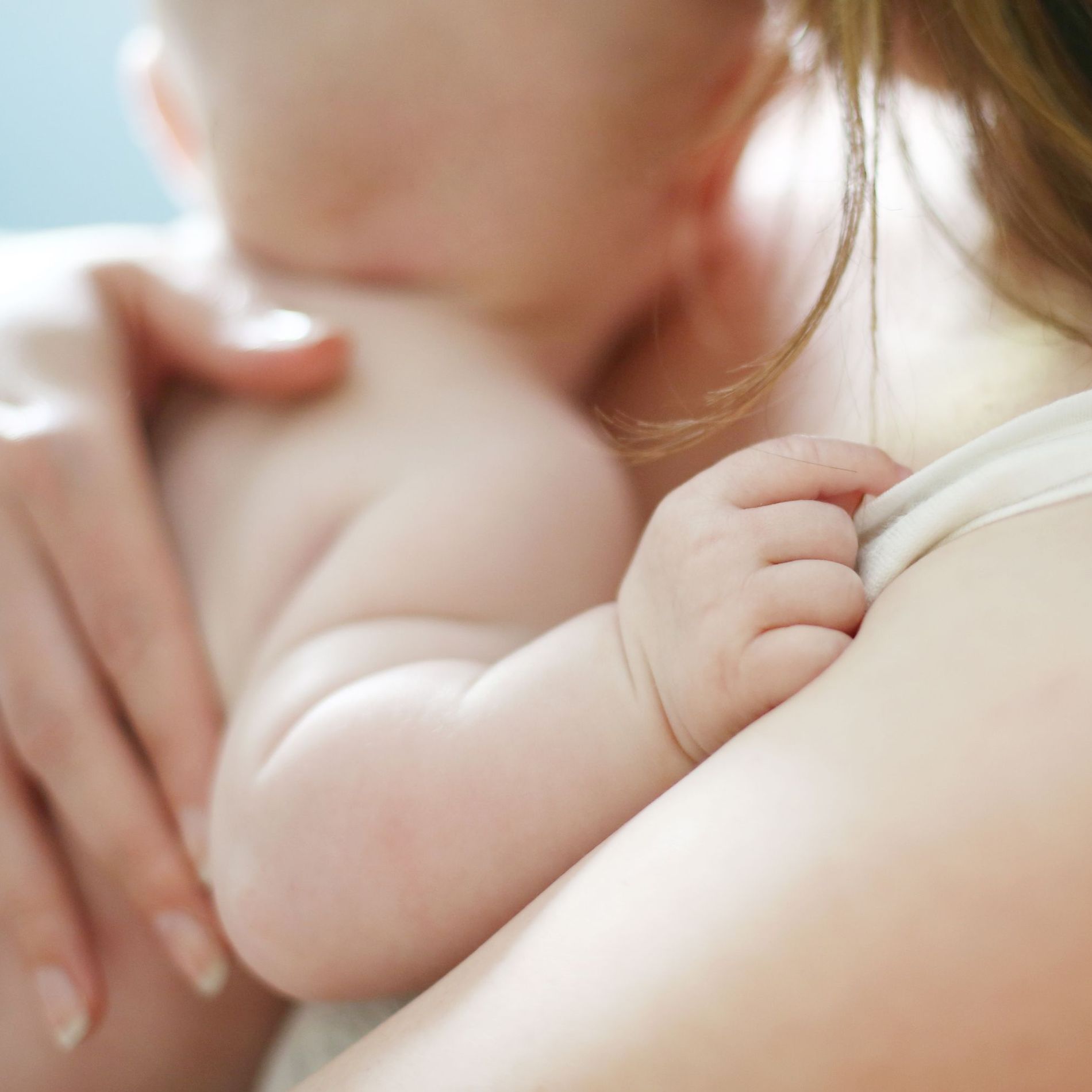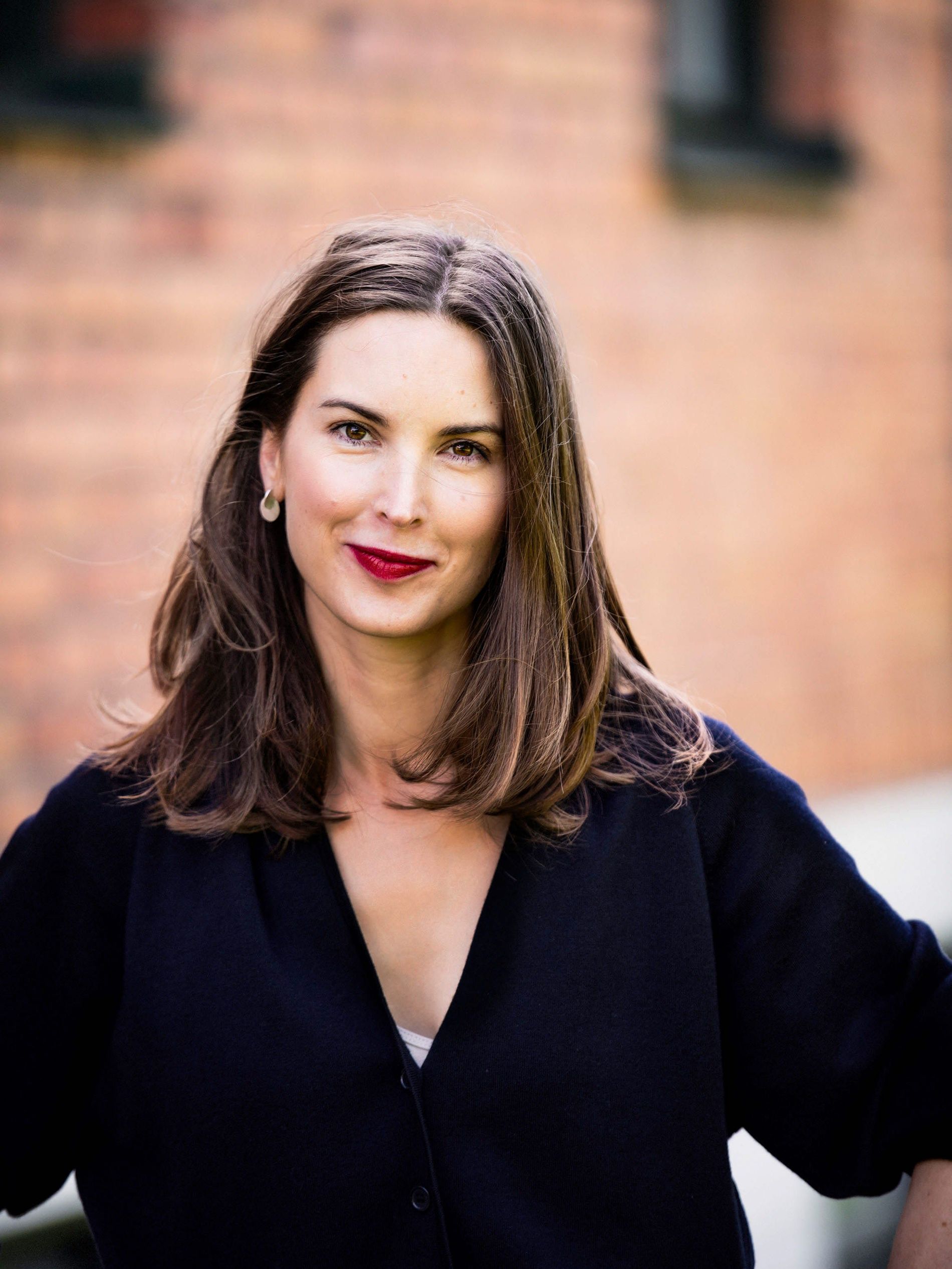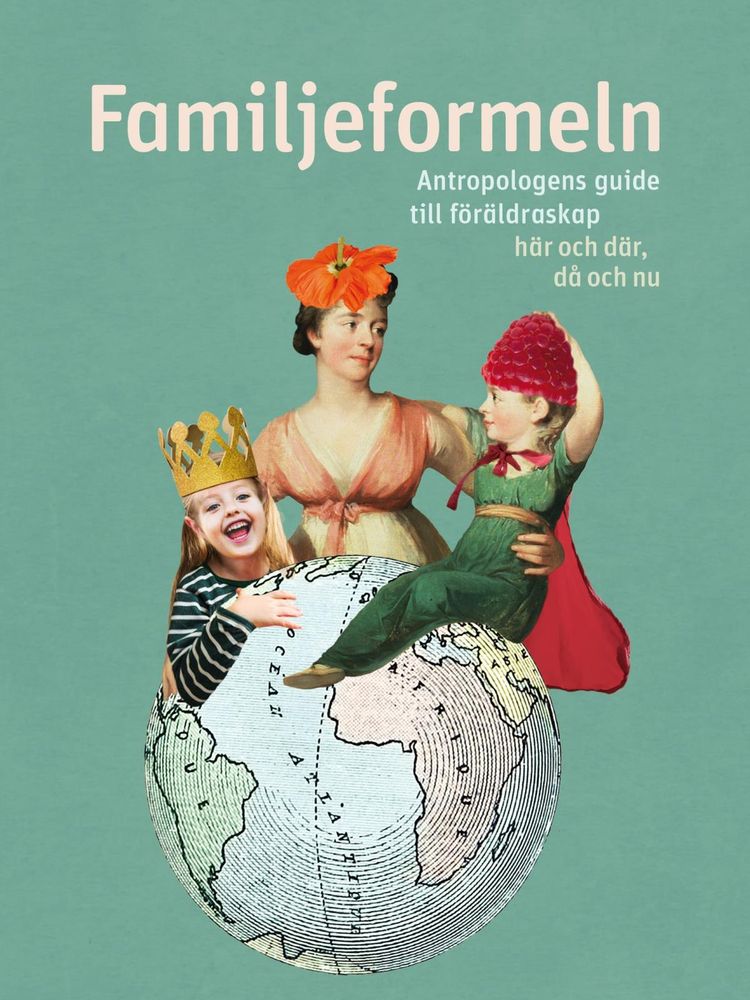Vogue Scandinavia speaks to Swedish author and anthropologist Caroline Uggla about how her newly-released book Familjeformeln debunks common misconceptions and offers a refreshing take on modern family life
‘Childbearing is a resource issue’ is the essence of Caroline Uggla’s new book Familjeformeln (or The Family Formula): a study on hunter-gatherer societies and how they relate to modern families today. “I think the book has many messages of hope,” says Uggla. That the working mum is no new concept. That childbearing was and should be shared, and that grandmothers have held a key role in this.
Advertisement
“It takes 13 million calories to raise a child. The common misconception has been that most of these calories were provided by men during our evolution,” starts Uggla, referencing how males have been perceived as the most important provider throughout history, going all the way back to hunter-gatherer societies. “But research by female anthropologists has revealed that this was not at all the case,” she continues. “Women have stood for a much bigger part of these calories than previously thought.”
Not only has the primordial idea that women ‘needed’ men to raise children been reformulated, but also the thinking around menopause. “The theory was that menopause came about because we weren’t evolved to live beyond 50. But that isn’t true. Women could live to 70 or 80, and continued to contribute,” she continues. “Which was such a cool insight, because it meant that menopause may have developed because those women were needed for the survival of the grandchildren.”

Photo: Getty

Photo: Getty
Uggla’s curiosity in the mix between culture and biology blossomed as a teen, owing to her favourite science teacher. She went on to study anthropology at Durham University, followed by a master's degree and PhD in London. In publishing Familjeformeln, the Stockholm University associate professor has brought her teenage fascination to fruition.
We’ve all heard the phrase ‘it takes a village’, but for me it was cool to find that it takes a village in the biological sense too.
Caroline Uggla
“I wanted to mix my own experiences with my professional insights; to give to others what this knowledge has given to me,” Uggla says of the 200-pager. “When I became a parent myself, I found that these revelations from my studies and the research really helped me.”
And while she knows it may not solve problems parents deal with on a day-to-day basis, it can give rise to new perspectives by zooming out, seeing the history of family constellations since the earliest days of our species. “We’ve all heard the phrase ‘it takes a village’, but for me it was cool to find that it takes a village in the biological sense too,” she enthuses.

As well as being the author of new release 'Familjeformeln', Caroline Uggla is a doctor in evolutionary anthropology and associate professor in demography at Stockholm University. Photo: Eva Lindblad
“That it takes more than just a single parent, or even two, to raise a child.” A balm for those daunting, early days of parenting – especially those like it all has to be taken on alone and behind closed doors. “And, when we help each other in the childrearing process, we develop empathy. We band together.” Uggla reflects that our language, our complex cognition –s o many of the factors that lie beneath our success as a species – could be attributed to what we’ve developed in order to raise our young.
“Also, how unusual we are in the north, in the way that we’re both hyper-individualistic and socialistic,” says Uggla, referring to the norms of Nordic societies. “Our childrearing is supported by the institution from parental leave and daycare to further education - the taxes paid by those without children are given to those with children. Which can be compared to small societies in Paraguay where those without children help out the parents.”
As forerunners, Scandinavians have been known to set standards that other countries later embrace, from divorce to co-parenting. And Uggla says it's just the same when it comes to the welfare state. “It’s in a way proof that more than just a child’s parents are what is needed to raise them. It’s already built into our political system,” she says.
From debunking myths around the falling numbers in childbirth and that career women are the demographic least likely to have children, to giving research-based tips in her concluding chapter, ‘Life hacks for Homo Sapiens’, Uggla’s book is a refreshing take on the relationships that our daily lives revolve around.
“I found both humility and gratitude in my work. We all have trade-offs, and there’s no shame around that. My message is that every person needs those 13 million calories to reach adulthood, but that this number can be accumulated in different ways.”
Familjeformeln by Caroline Uggla is available now via publisher Natur & Kultur.

